Your Journey With Us
► Your treatment
► Your support
► Your choices

► Your treatment
► Your support
► Your choices

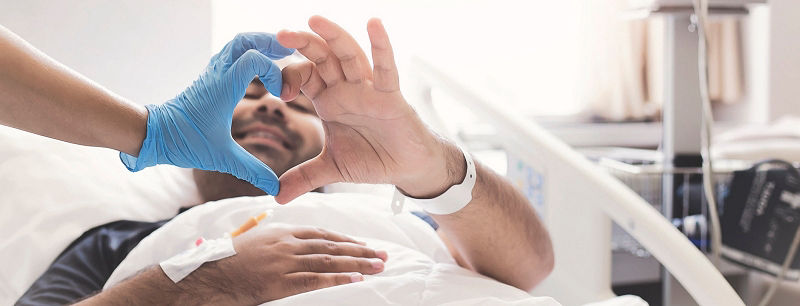
Your recovery requires care, diligence, compassion, planning, resources, research, specialist skills, good management and teamwork!
 Your first consultation will probably be made on the recommendation of your doctor, although you can contact us directly if you wish.
Your first consultation will probably be made on the recommendation of your doctor, although you can contact us directly if you wish.
Our aim is to find out about you, your lifestyle and your symptoms so that we will know which further tests are required - if any. You will receive an examination, but this first visit will feel more like an interview than an examination.
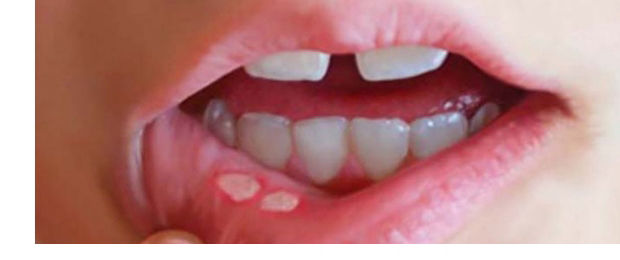 There is a wide range of possible causes, tests will probably be needed to arrive at a diagnosis. Although cancer is a common worry, most tumours or growths that we see are benign. If this is the case then your treatment will mostly
There is a wide range of possible causes, tests will probably be needed to arrive at a diagnosis. Although cancer is a common worry, most tumours or growths that we see are benign. If this is the case then your treatment will mostly 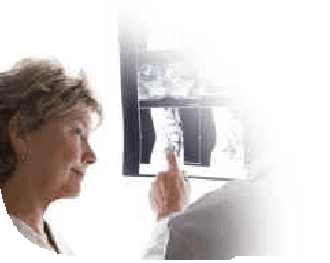 involve surgery without radiation or chemotherapy being necessary.
involve surgery without radiation or chemotherapy being necessary.
 For images and detail of medical conditions, please use the link on the right, courtesy of BAOMS (British Association of Oral & Maxillofacial Surgeons)
For images and detail of medical conditions, please use the link on the right, courtesy of BAOMS (British Association of Oral & Maxillofacial Surgeons)
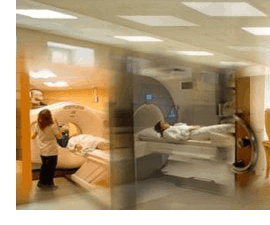 A cancer diagnosis is a possibility. There are different types of cancer which can start in the mouth, nose, throat, salivary glands, or neck. The most common types are mouth cancer and thyroid cancer.
A cancer diagnosis is a possibility. There are different types of cancer which can start in the mouth, nose, throat, salivary glands, or neck. The most common types are mouth cancer and thyroid cancer.
Head and neck cancers are usually treated with surgery, chemotherapy, radiotherapy or a combination of the three. The main aim is to remove or destroy all of it and provide a cure. But there are other aims such as reducing the long term effects of treatment and maintaining your quality of life. This involves key decisions on the amount of surgery and which methods can be used.
The video gives a good outline description of the diagnosis and treatment of head and neck cancer. It was commissioned by the BAOMS, is narrated by Mr Sat Parmar and produced by MSD.
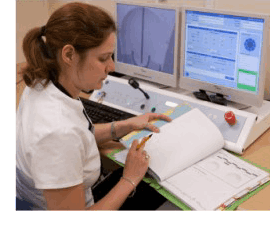 You will be assigned a key worker while you are with us - a clinical nurse specialist. They are a key component in the care team and have a very important role. Whereas several experts on your team may not remain involved at all stages, it is the job of the key worker to co-ordinate your care from diagnosis to the completion of aftercare. Key worker support services can include psychological support from trained counsellors, and a range of complementary therapies.
You will be assigned a key worker while you are with us - a clinical nurse specialist. They are a key component in the care team and have a very important role. Whereas several experts on your team may not remain involved at all stages, it is the job of the key worker to co-ordinate your care from diagnosis to the completion of aftercare. Key worker support services can include psychological support from trained counsellors, and a range of complementary therapies.
 Rehabilitation and follow-up after treatment are as important as the treatment itself. Rehabilitation may also require the expertise of a team of specialists that include dentists and prosthedontists, tracheostomy care nurses, speech pathologists and physical therapists.
Rehabilitation and follow-up after treatment are as important as the treatment itself. Rehabilitation may also require the expertise of a team of specialists that include dentists and prosthedontists, tracheostomy care nurses, speech pathologists and physical therapists.
Patients who have finished treatment will be monitored for varying periods of time to check the recovery process, or in the case of cancer, to check for any signs that it has returned or become active again.
 Our counselling service is available to the patient's partner and family. This patient-focused approach, awarded Macmillan Cancer Support status, can help lead to a shorter stay and faster healing times.
Our counselling service is available to the patient's partner and family. This patient-focused approach, awarded Macmillan Cancer Support status, can help lead to a shorter stay and faster healing times.
Complementary therapies such as massage, aromatherapy, reflexology or reiki, are used to supplement patients' medical treatment with the aim of relieving stress, aches and pains. The sessions last for up to an hour. In-patients and day-patients can have an unlimited number of short reflexology or reiki treatment
Depending on the treatment given, patients may also choose from a range of holistic services to help them feel comfortable and relaxed


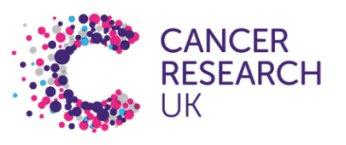

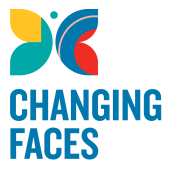

There are many risk factors, but the most common are alcohol and tobacco. Head and neck cancer is associated with both. Most people who are diagnosed with oral cancer are tobacco users. People who drink a lot of alcohol - particularly spirits - on a regular basis are also much more likely to get cancer than non-drinkers. For people who both drink and smoke, the risk is compounded when alcohol and tobacco are used together.
Although survival rates and treatment methods are improving, the incidence of cancer is increasing in the adult population (US & UK
• A painless white or red patch on the lining of the mouth which remains after two weeks.
• Any painless lump in the mouth, tongue, throat or neck.
• Mouth or lip sores that don’t heal for at least two weeks.
• A persistent sore throat.
• Difficulty with swallowing without an obvious reason.
• Hoarseness - ongoing
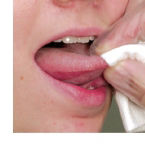 Very early symptoms of cancer are often painless and easy to miss.
Very early symptoms of cancer are often painless and easy to miss.
Perform a self-examination in front of your mirror once a month. - preferably with the aid of a small torch! Early diagnosis is by far the most important factor contributing towards a favourable outcome.
Neck: Feel both sides of your neck and under your jaw for areas of tenderness or lumps. Do both sides have the same symmetry?
Lips: Pull out each lip and look for sores or color changes on lips or gums. Besides looking, feel for sub-surface lumps. (Early tumours are often painless and can be missed)
Cheeks: Look inside your cheek for sores or color changes. Feel for lumps.
Gums: Pull back your upper lip and examine your gum line to spot any discolouration or sores. Try to check the gums behind the teeth.
Tongue: Try to stick your tongue out as far as you can and do your best to hold it!
Pull your tongue from side to side, look at the surface for color changes, sores or bumps. Try to hold your tongue up and look for colour changes, sores and bumps under your tongue
Palate: Tilt your head back and look at the roof of your mouth. Look for sores, bumps, or color changes in the tissue.
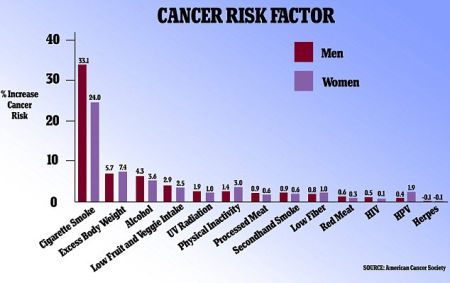
 Nicholas Kalavrezos
Nicholas Kalavrezos


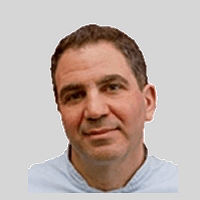

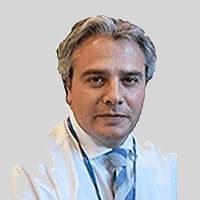
Best AI Website Maker
© Copyright 2021/26 N Kalavrezos
London Head & Neck Ltd